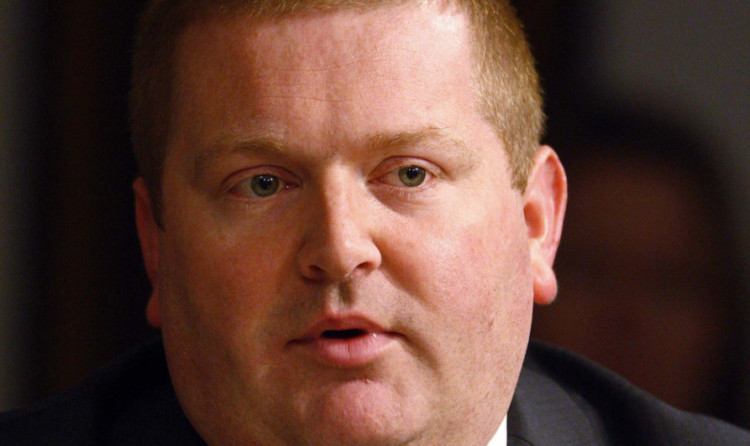Scotland’s small businesses will welcome new moves which could make it quicker and easier for firms to pursue bad debts, according to a major lobby group.
The Federation of Small Businesses said the Scottish Parliament’s passing of the Courts Reform (Scotland) Bill at Stage 1 would likely help end the “scandal” of big purchasers failing to pay smaller suppliers on time.
Head of external affairs Colin Borland said late payment hit financial returns, and welcomed the prospect of new legal steps which could be taken.
“From the new ‘simple procedure’ for lower value cases, to moves to free up higher courts to deal with the most complex matters, there is much in this bill which is good common sense,” said Mr Borland.
“We are also pleased that it will be easier for partners or directors to represent their partnership or company in proceedings where appropriate something we have raised on members’ behalf in the past.
“This means, in straightforward cases where no legal expertise is required, small businesses can pursue debts or defend actions without incurring unnecessary legal costs.”
But he called for a “sensible compromise” to be reached over plans which would see only cases with a value of more than £150,000 to be heard in the Court of Session.
“It makes sense to get routine debt and personal injury cases out of the Court of Session and leave our finest legal minds to adjudicate on the most complex and significant disputes,” Mr Borland said.
“Of course the financial value of a case isn’t the sole factor in determining its significance, and there may be instances where a lower value case is particularly complex or would set a precedent,” he added.
“Given that the Bill already allows such a case to go to the Court of Session in exceptional circumstances, I don’t think it will be beyond both sides to arrive at a sensible compromise by the time we reach stage two.”
